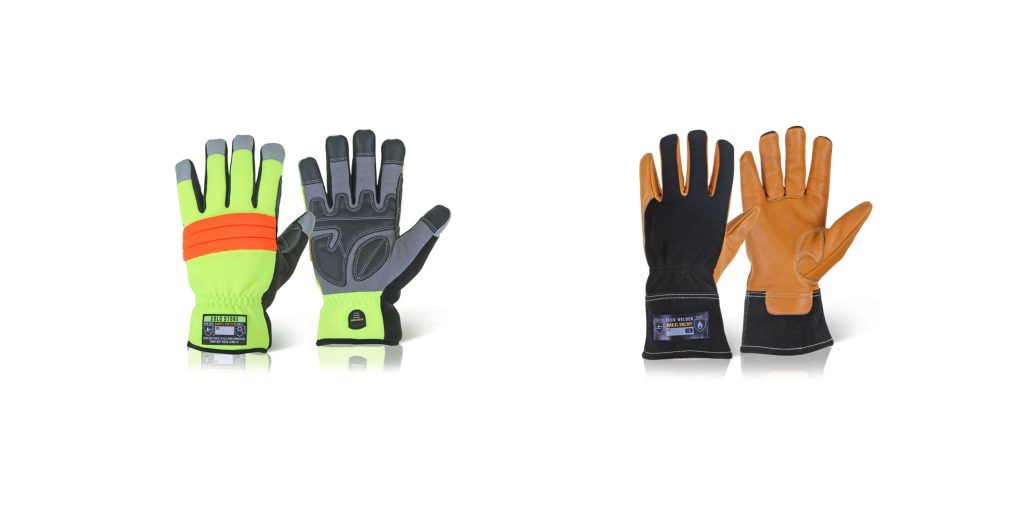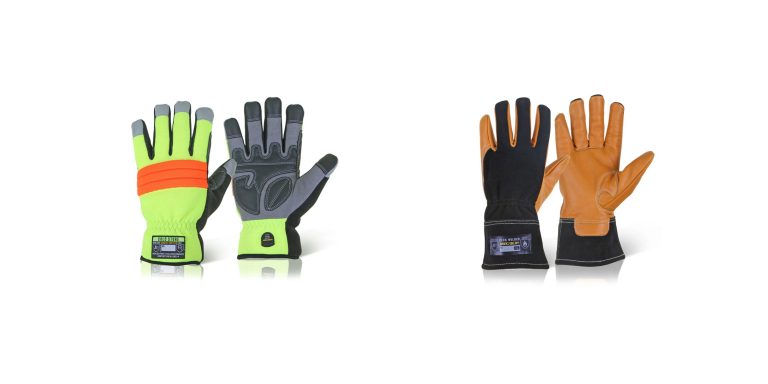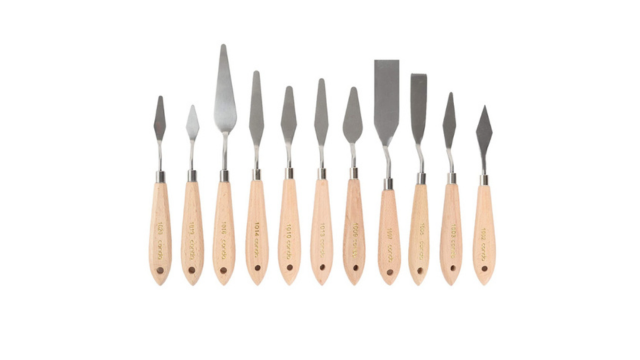
mechanics gloves
When working with cars, machinery, or tools, protecting your hands is crucial. The right pair of mechanics gloves can make a big difference in how comfortable and safe you feel on the job. They protect your hands from cuts, scrapes, and dirt while allowing you to keep a good grip and work with precision. Finding gloves that offer both comfort and durability is important because your hands need to stay protected all day long.
Why Comfort in Mechanics Gloves Matters
Wearing gloves for several hours can be tiring if they don’t fit well or aren’t comfortable. Good mechanics gloves should feel like a second skin — flexible enough to let you move your fingers freely, but snug enough to stay in place. If the gloves are too tight, they’ll cause discomfort and limit your hand movements. Too loose, and you risk dropping tools or having your gloves catch on equipment.
Comfort also comes from using breathable materials. Many gloves now use synthetic fabrics mixed with mesh panels, allowing your hands to stay cool and dry, even during tough jobs. Padding on the palms and knuckles helps reduce hand strain and protects against sharp edges. When your gloves fit well and feel good, you can focus better on your work.
Durability Is Key for Tough Work
Mechanics face harsh conditions, and their gloves have to be tough enough to keep up. Durable mechanics’ gloves are made to resist tearing, punctures, and wear from constant use. Reinforced fingertips and palms protect the parts of your hands that get the most action.
Leather is often used in gloves because it’s strong and lasts longer than many fabrics. It also offers great protection from heat and rough surfaces. Some gloves include extra padding or impact protection, which is helpful if you work with heavy tools or machinery. Durable gloves save money over time since they don’t wear out quickly and keep your hands safe.
The work of Corston Sinclair in workwear design has helped improve mechanics gloves by combining strong materials with comfortable fits. This balance means you don’t have to sacrifice comfort for protection.
How to Choose the Right Mechanics Gloves
Think about the kind of work you do when picking mechanics gloves. If your tasks require fine motor skills, look for gloves that offer good fingertip sensitivity and flexibility. For heavier jobs, gloves with thicker padding and impact resistance are better.
Make sure your gloves fit well — they should be tight enough to stay put but not so tight that they cut off circulation. Wrist closures help keep dirt and debris out while making the gloves easy to take off and put on. Some modern gloves even work with touchscreens, which is handy if you need to use a phone or tablet while on the job.




